Academics and Empire – An Uncomfortable Tour
Exploring the intricate relationship between academia and imperialism, the ‘Academics and Empire – An Uncomfortable Tour’ unearths layers of historical narratives often left unexamined.
Imagine stepping into the halls of renowned universities, each brick holding echoes of a colonial past. But what happens when these uncomfortable truths are brought to light? How do these revelations shape our understanding of the present?
Join the conversation as this tour unpacks the complexities of academic complicity in empire, challenging preconceptions and paving the way for a reimagined educational landscape.
Key Points
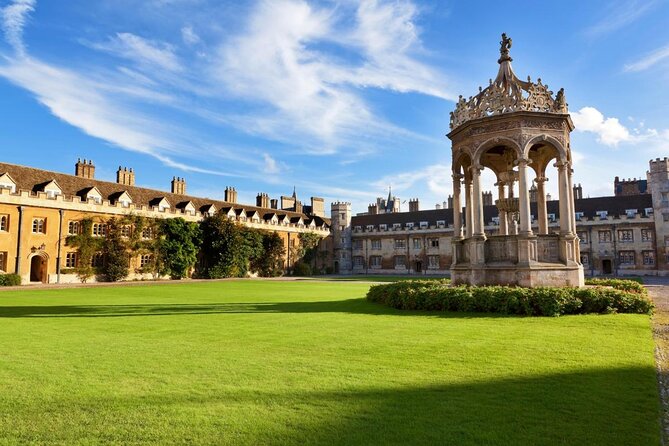
- Reevaluating academic complicity in perpetuating imperial narratives is crucial for transformative reform.
- Decolonizing education is essential to challenge Eurocentric perspectives and foster inclusivity.
- Academia must reflect on past power structures and embrace diverse voices for a balanced understanding.
- Transformative academic practices involve empowering marginalized scholars and reimagining equitable frameworks.
The Historical Context of Imperialism
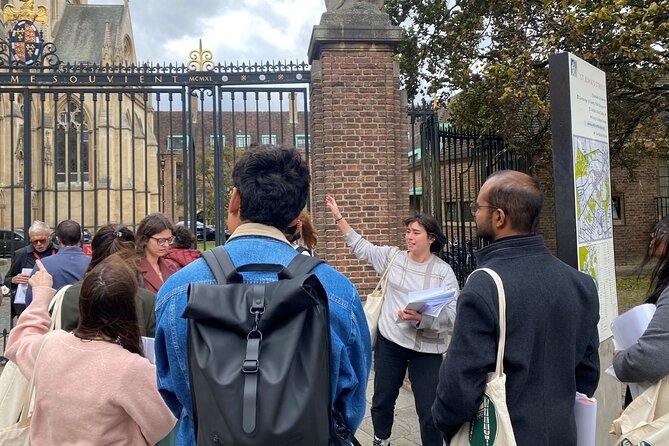
The historical context of imperialism reveals a complex interplay of power dynamics, economic interests, and cultural influences that shaped the course of global history. Through historical analysis, scholars have critiqued imperialism for its impact on colonized regions, questioning the motives behind imperial expansion and the lasting effects on indigenous populations.
How did imperialism shape the world as we know it today? What lessons can be learned from a critical examination of this period in history? By delving into the depths of imperialism critique, a deeper understanding of the forces at play during this era emerges. It prompts reflection on how past actions continue to reverberate through modern societies, urging a reevaluation of power structures and cultural interactions.
Impact of Colonial Legacies on Academia
Imperialism’s enduring impact on academia unfolds through the lens of colonial legacies, revealing a complex interplay of knowledge production, power dynamics, and cultural hierarchies that continue to shape scholarly discourse today.
The colonial influences embedded in academic structures have deeply influenced the ways in which knowledge is generated, validated, and disseminated. These legacies often prioritize Western perspectives, marginalizing indigenous knowledge systems and perspectives from former colonies.
The academic impact of these legacies is evident in the unequal representation of voices, the dominance of certain narratives, and the perpetuation of power imbalances within scholarly communities. Addressing these colonial legacies is crucial for creating more inclusive and diverse academic spaces that reflect the richness of global knowledge systems and promote a more equitable exchange of ideas.
Decolonizing Knowledge and Education
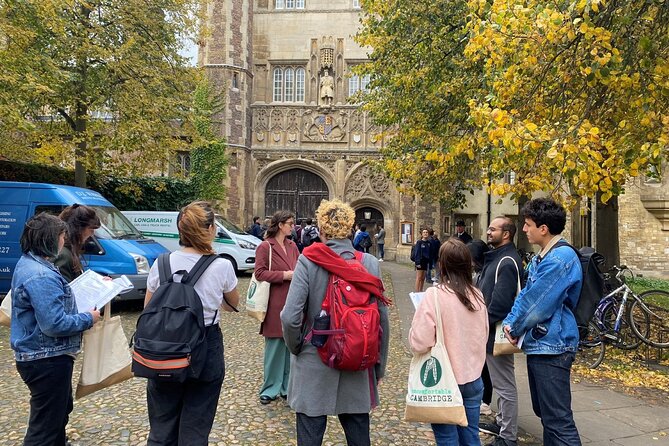
Amidst the call for a more inclusive and diverse academic landscape, how can the process of decolonizing knowledge and education reshape the foundations of scholarly discourse?
Rethinking curriculum and challenging perspectives are crucial steps in this transformative journey. By incorporating diverse voices, histories, and epistemologies into educational frameworks, institutions can break away from traditional Eurocentric narratives. This shift not only acknowledges the marginalized contributions to knowledge but also fosters a more balanced and comprehensive understanding of the world.
Decolonizing education involves critically examining power dynamics, questioning existing structures, and creating space for marginalized knowledges to thrive. Through this process, academia can evolve into a more equitable and enriched space where multiple perspectives are valued and celebrated.
Unpacking Academic Complicity in Empire
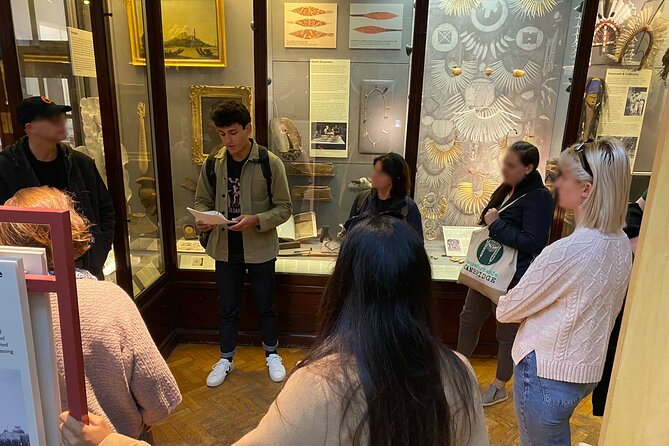
Decolonizing knowledge and education brings to light the intertwined relationship between academia and empire, revealing the complexities of academic complicity in shaping and perpetuating imperial narratives. When exploring academic responsibility and the need for critical reflection, it becomes essential to explore the ways in which scholars have historically contributed to empire-building through their research, teaching, and institutional affiliations. This complicity raises questions about the ethical obligations of academics and the impact of their work on broader societal structures. By engaging in critical self-assessment and reevaluating the narratives they propagate, scholars can begin to dismantle the systems of power that have long been upheld within academic spaces.
| Academic Responsibility | Critical Reflection | Impact on Society |
|---|---|---|
| Acknowledging biases and privileges | Questioning established norms | Challenging dominant narratives |
| Promoting ethical research practices | Examining underlying power dynamics | Fostering diverse perspectives |
| Advocating for social justice | Revisiting historical interpretations | Inspiring positive change |
| Engaging with marginalized voices | Encouraging interdisciplinary dialogue | Empowering marginalized communities |
| Addressing systemic inequalities | Cultivating empathy and humility | Building a more inclusive academic environment |
Exposing Hidden Narratives in Academic Discourse
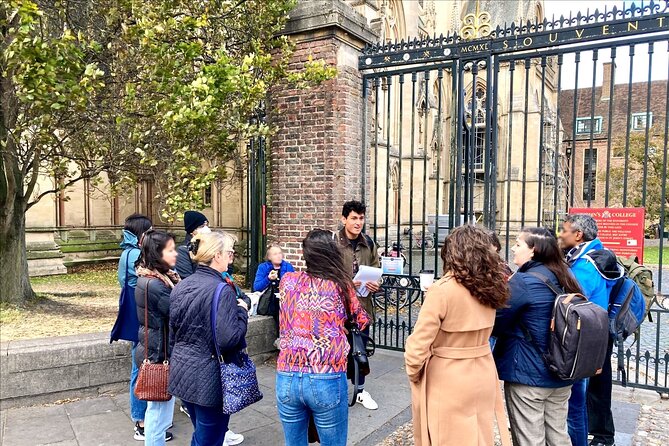
Uncovering the concealed narratives within academic discourse sheds light on the hidden influences shaping scholarly conversations and perspectives. Critical reflection is key to unraveling these intricacies, allowing for a deeper understanding of how underlying narratives can subtly guide academic discussions.
By delving into the layers of hidden narratives, one can uncover the power dynamics, biases, and historical contexts that often go unnoticed but significantly impact academic discourse. Questioning the dominant narratives and seeking out marginalized perspectives are essential steps in revealing the full spectrum of viewpoints within academia.
Through this process of exploration and inquiry, hidden narratives can be brought to the forefront, enriching academic conversations and fostering a more inclusive and diverse scholarly environment.
Reimagining Academia Beyond Imperial Structures
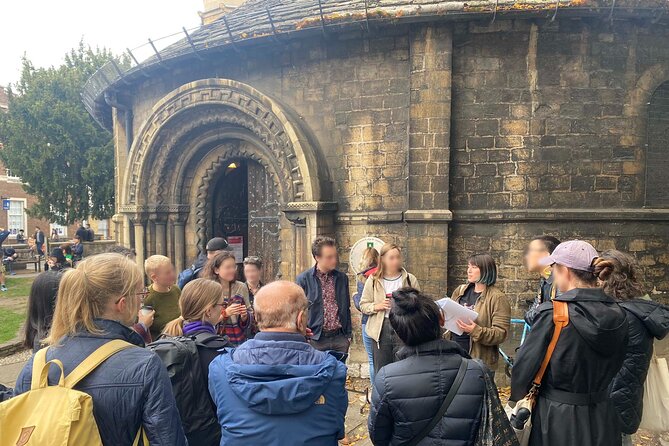
In reimagining academia beyond imperial structures, scholars are challenged to envision a scholarly landscape that transcends historical power dynamics and embraces a more equitable and inclusive framework.
How can academia undergo meaningful academic reform while incorporating post-colonial perspectives? Here are three ways to navigate this transformative journey:
-
Decolonizing Curricula: Integrate diverse voices, histories, and knowledge systems into academic programs to counteract colonial biases.
-
Empowering Marginalized Scholars: Provide platforms and resources for scholars from underrepresented communities to contribute meaningfully to academic discourse.
-
Institutional Accountability: Hold academic institutions responsible for addressing systemic inequities and fostering an environment that values diversity and inclusion.
Common questions
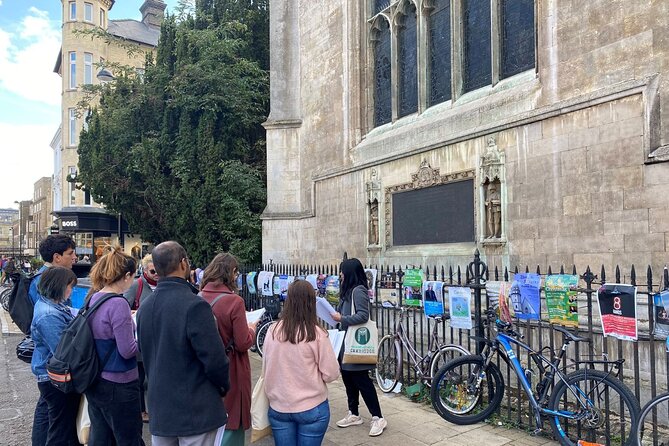
How Long Does the Academics and Empire Tour Last?
The duration of the Academics and Empire tour varies based on the selected package. Pricing for the tour starts at $22.98. For specific details on how long each option lasts, visitors can reach out to the tour provider directly.
Are There Any Discounts Available for Students or Seniors on the Tour?
Student discounts and senior discounts are available for the tour. Are these discounts significant enough to make a visit more affordable for those on a tight budget? It’s worth exploring to enhance the tour experience.
Is There a Specific Dress Code or Attire Recommended for the Tour?
For the tour, a casual and comfortable dress code is recommended. The tour length allows for flexibility in attire. Are there discounts available for students or seniors? Any restrictions on photography during the tour?
Are There Any Specific Academic Backgrounds or Qualifications Required to Participate in the Tour?
No specific academic backgrounds or qualifications are required to participate in the tour. It welcomes all curious minds eager to explore the intersection of academics and empire. Come with an open mind and a thirst for knowledge.
Are There Any Restrictions on Photography or Recording During the Tour?
Photography restrictions and recording restrictions apply during the tour. Visitors are encouraged to inquire about any specific guidelines for capturing moments. How can one preserve memories while respecting the historical significance of the journey?
Last Words
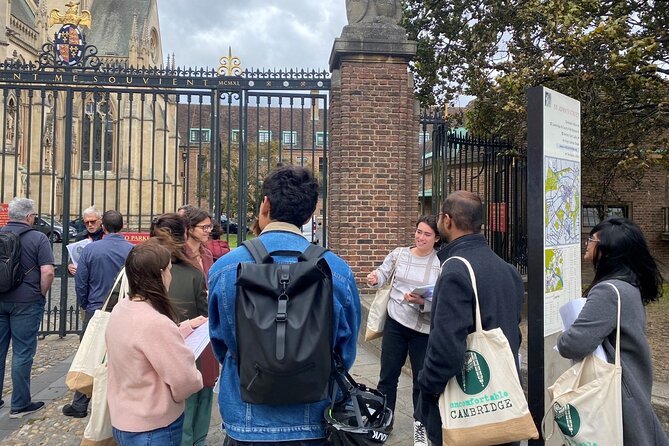
To sum it up, the ‘Academics and Empire – An Uncomfortable Tour’ offers a transformative journey through the intertwined histories of academia and imperialism.
By confronting uncomfortable truths and challenging traditional narratives, participants are prompted to reevaluate the impact of colonial legacies on education and society.
Through critical reflection and thought-provoking discussions, this tour inspires a reimagining of academia beyond imperial structures, fostering a deeper understanding of the complexities of our shared history.
Join us on this enlightening exploration of the past to shape a more inclusive future.